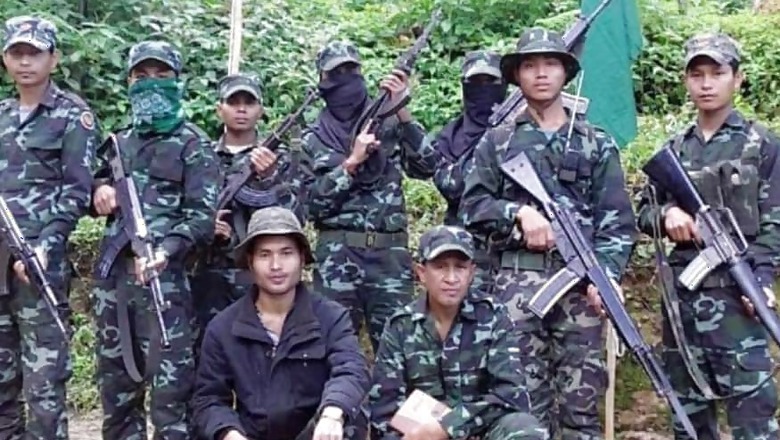
views
Guwahati: The Union government is likely to get the framework agreement signed by all factions of the National Democratic Front of Bodoland (NDFB) ahead of the election to the Bodoland Territorial Council (BTC) of Assam.
Recently, the B Saoraigwra-lead NDFB-S faction came back to the country from Myanmar and unofficial talks are said to be underway at present.
Former DG of the Assam Police (Special Branch) Pallab Kumar Bhattacharyya told News18, “The government should rehabilitate all cadres of the NDFB as soon as possible to establish permanent peace in the Bodoland Territorial Area Districts (BTAD). Bodo people are eagerly waiting for permanent peace. They have dealing with unrest since the Nineties.”
Senior Congress leader and former chief minister Tarun Gogoi said, “It’s a good sign for Assam, especially BTAD. If the government is able to negotiate with all factions of the NDFB, there will be permanent peace in the region. During our government, the maximum number of outfits had joined the mainstream and we had initiated talks with all of them.”
BTC Chief Hagrama Mohilary expressed hope that the region will get more funds for development once the much-awaited peace agreement with the NDFB is signed.
On the ensuing BTC election, scheduled to be held in April, Mohilary said his party, the Bodoland People’s Front (BPF), will win a majority of seats for the fourth consecutive term. He also demanded Scheduled Tribe (Hills) status for Bodos living in Karbi Anglong and Dima Hasao districts of the state.
The NDFB traces its origin to the Bodo Security Force (BSF), an outfit formed in October 3, 1986. The current name was adopted in 1994 after the group rejected the Bodo Accord signed between the Government of India and All Bodo Students Union and Bodo People’s Action Committee (ABSU-BPAC).
The group has carried out several attacks in Assam, targeting non-Bodo civilians as well as the security forces. It has particularly targeted Adivasis, whose ancestors had been brought to Assam as tea labourers during the British regime.
Its involvement in such attacks led to the formation of a rival outfit, the Adivasi Cobra Force in 1996. It was also involved in conflicts with another group the Bodo Liberation Tiger Force whose members surrendered before the government in 2003.
Since 2000, the NDFB has increasingly targeted Bangladeshi migrants in areas it claims to be Bodo territory.
After the serial blast in Assam on October 30, 2008, that was carried out by the NDFB, the group split in two factions — one is headed by Ranjan Daimary (also known as Dr Nabla), called NDFB-R, and the other led by Gobinda Basumatary (NDFB-P). NDFB-P or the progressive faction supported peace talks with the government, while the faction led by Daimary was opposed to talks.
In 2012, following the arrest of Daimary, the group split further, leading to the formation of another faction, led by a non-Bodo IK Sangbijit (NDFB-S). This faction continued to indulge in militancy and has been blamed by the government for several other attacks.
During a general assembly of the NDFB-R held on April 14 and 15, 2015, the outfit vowed to revamp its struggle for the liberation of an independent Boroland. A fresh council, led by B Saoraigwra, was formed and the faction led by Songbijit was dissolved.










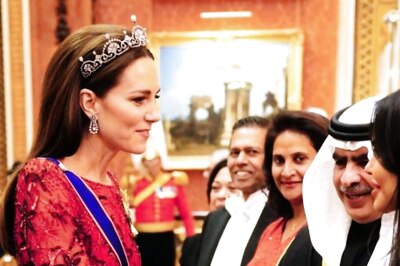

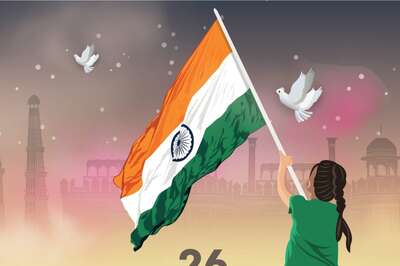
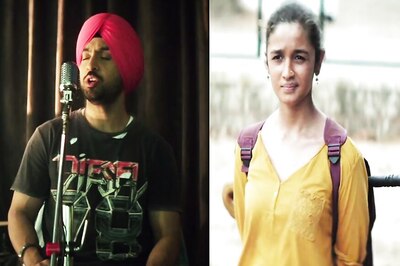


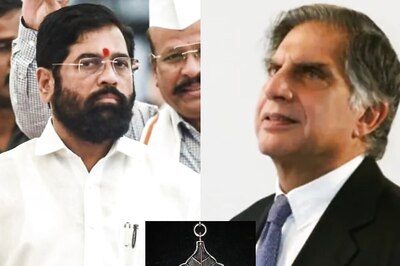
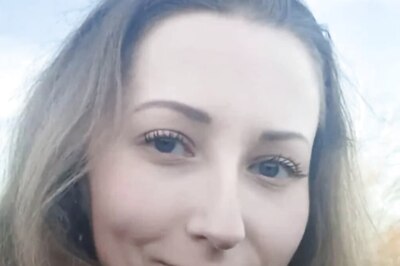
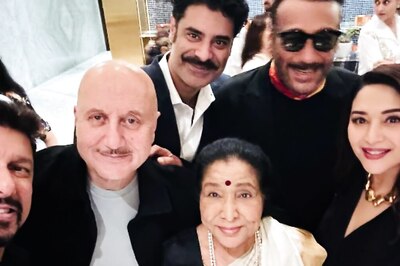
Comments
0 comment